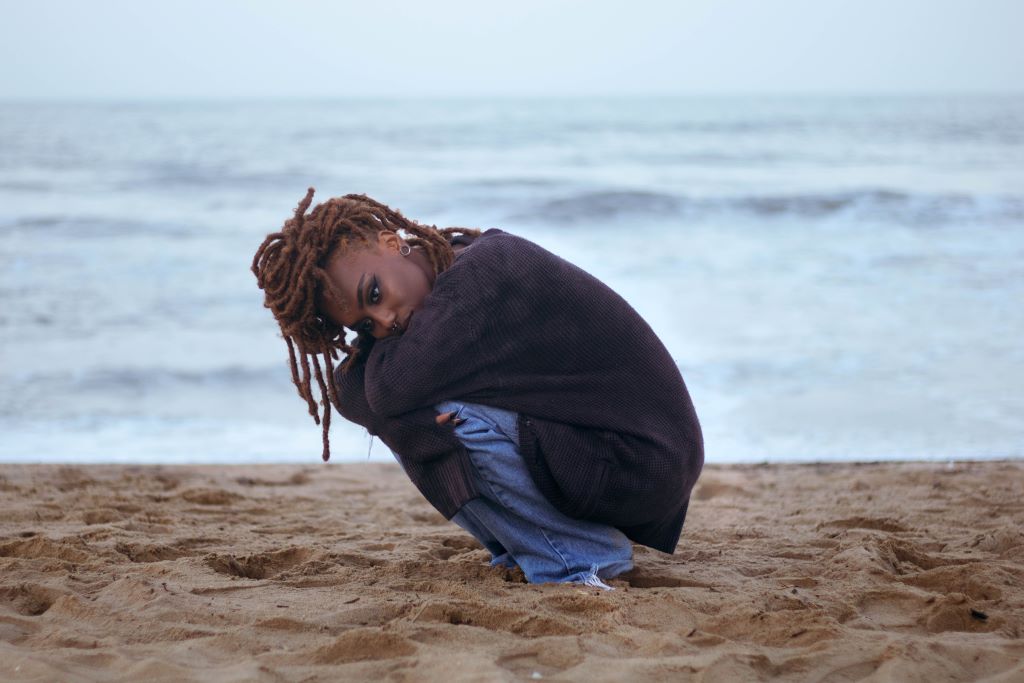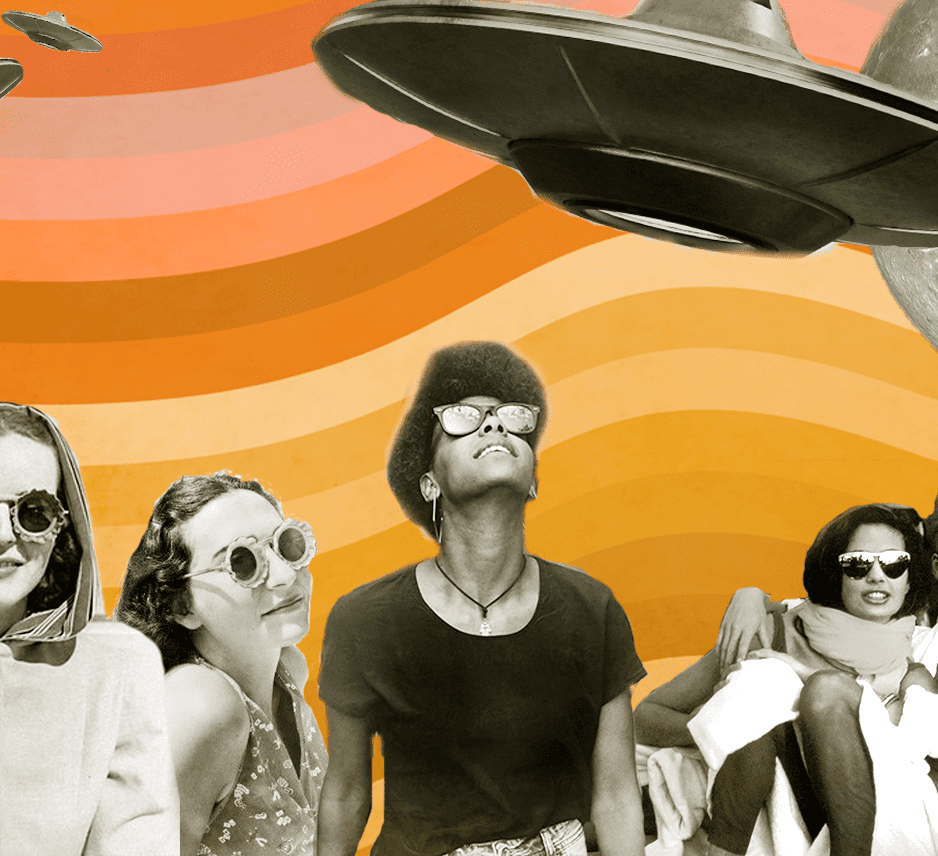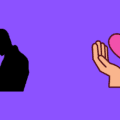
What does Feminism mean? And, most importantly perhaps, what does Feminism mean in the twenty-first century, and what do feminists need to bring to the table?
Feminism has gone through many easily definable eras, from the suffragette movements ever-present at the turn of the century, to those focused on reproductive health and workers’ rights throughout the 1960s straight into the 1990s. Although many around the world are still fighting for reproductive healthcare and rights, which upon first glance should really have been resolved within this Second Wave, we now find ourselves in an entirely new era of the movement.
Ever since the internet emerged as an all new, quite singular, presence in everyone’s lives in 2012, a new era of feminism started to rear its gorgeous head – one that perhaps has less easily definable edges but is perfectly tailored for pushing us into a new progressive era. Enter, the Fourth Wave. A flavour of feminism built upon the use of internet tools and global communication in its favour, one prioritising intersectionality, body image, external perception, workplace and street harassment and violence, and the idea that humans need to be equal on all fronts, or we will never be equal at all.
The use of the internet has been necessary to the formation of this new age of feminism, and should not be underestimated, because navigating the online sphere is, largely, available to so many more people than previous platforms were. Whereas one needed to have racial and financial privilege to have a voice in previous eras, due to the time periods, now one’s voice may be uplifted and protected even as a minority – all that is needed is an internet connection.
All this to say that the Fourth Wave has been built with the blood sweat and tears of people telling their own stories, and finding their voices, and having a direct line of communication in order to do so. Throughout the past decade we have seen a focus on the true experience of navigating the world as a person who has for so long abided by the oppressive values of a patriarchal system built to silence them. With these foundations built, the rise of the Me Too movement made waves globally and pushed feminism all the more forward; as did the horrifying death of George Floyd in the USA – which caused people around the world, even progressive people, to truly reflect on whether they are including women and people of colour in their movements, and in their fight. When it comes down to it, it turns out, many were not.
We have entered an era where feminism is expanding in order to be truly inclusive – an era within which we no longer only reference when women got the vote globally in our speeches and literature and conversations, but we also reference and reflect upon when black women got the vote, and when indigenous women got the vote, which – in countries which saw segregation – was always far later. An era has been forged where we are able to truly examine and unpack privilege and racial context when discussing the trials of women and womanhood, and femininity in general. Allowing a greater scope for human context when discussing feminist issues will further allow space for us to be more successful in finding solutions that aid everyone. This is the only way we are going to move into the future, as feminists, but primarily as humans.
Feminist issues are human issues, and it benefits all of us to move with this new wave, this new era, not against it, and build the bridges between each other and between each other’s experiences.
None of us are equal, until we all are.
#għajjejtuxbajt
Do you have an experience you’d like to share on wham? Contact us or send us an email at [email protected]

Għajjejt u Xbajt is a feminist platform by and for feminists, and those with questions for them. It is a non-judgemental space for all who strive for the same aim: equality and progress. They don’t claim to have all the answers, but are very dedicated to posing the questions. #għajjejtuxbajt





